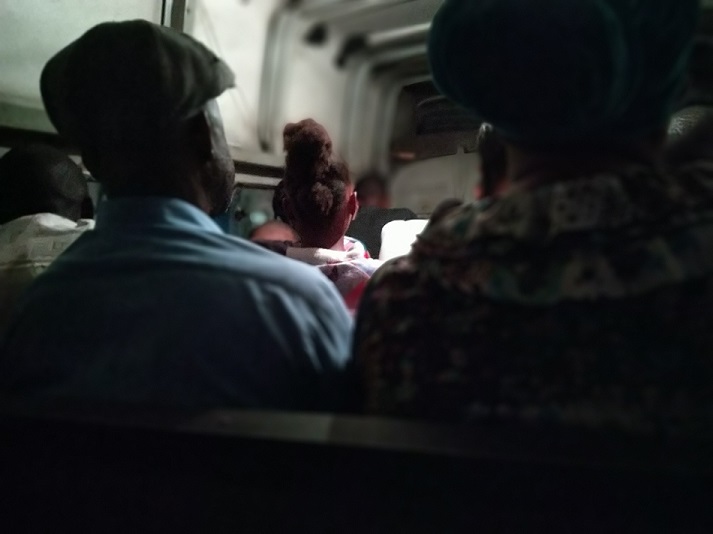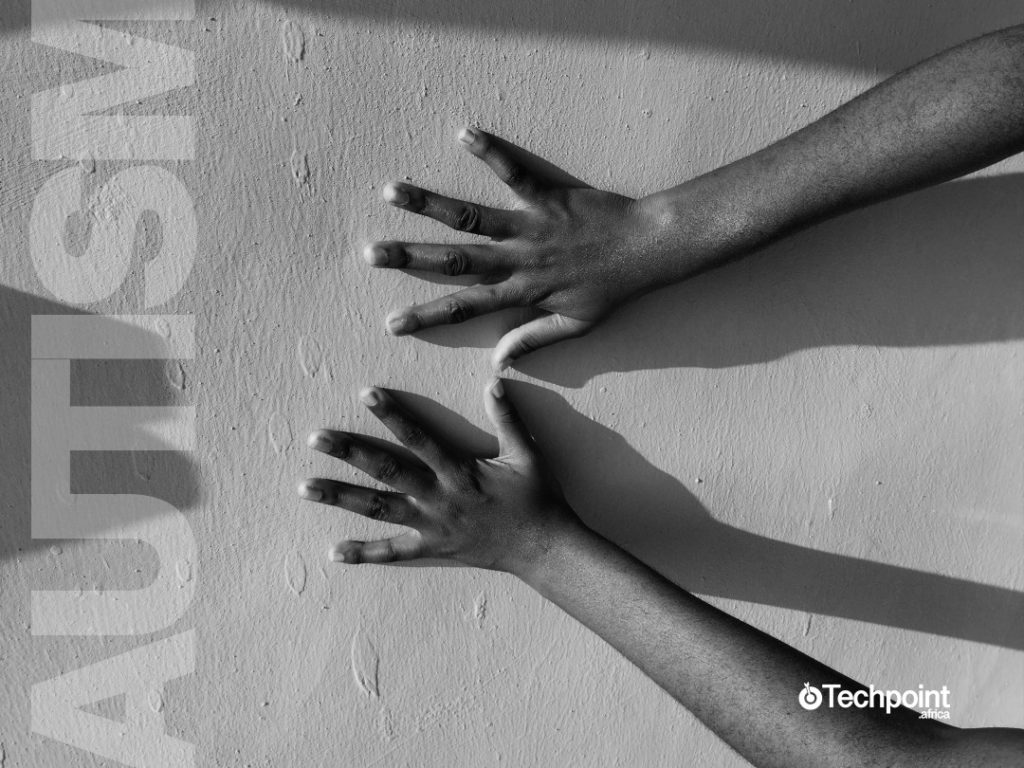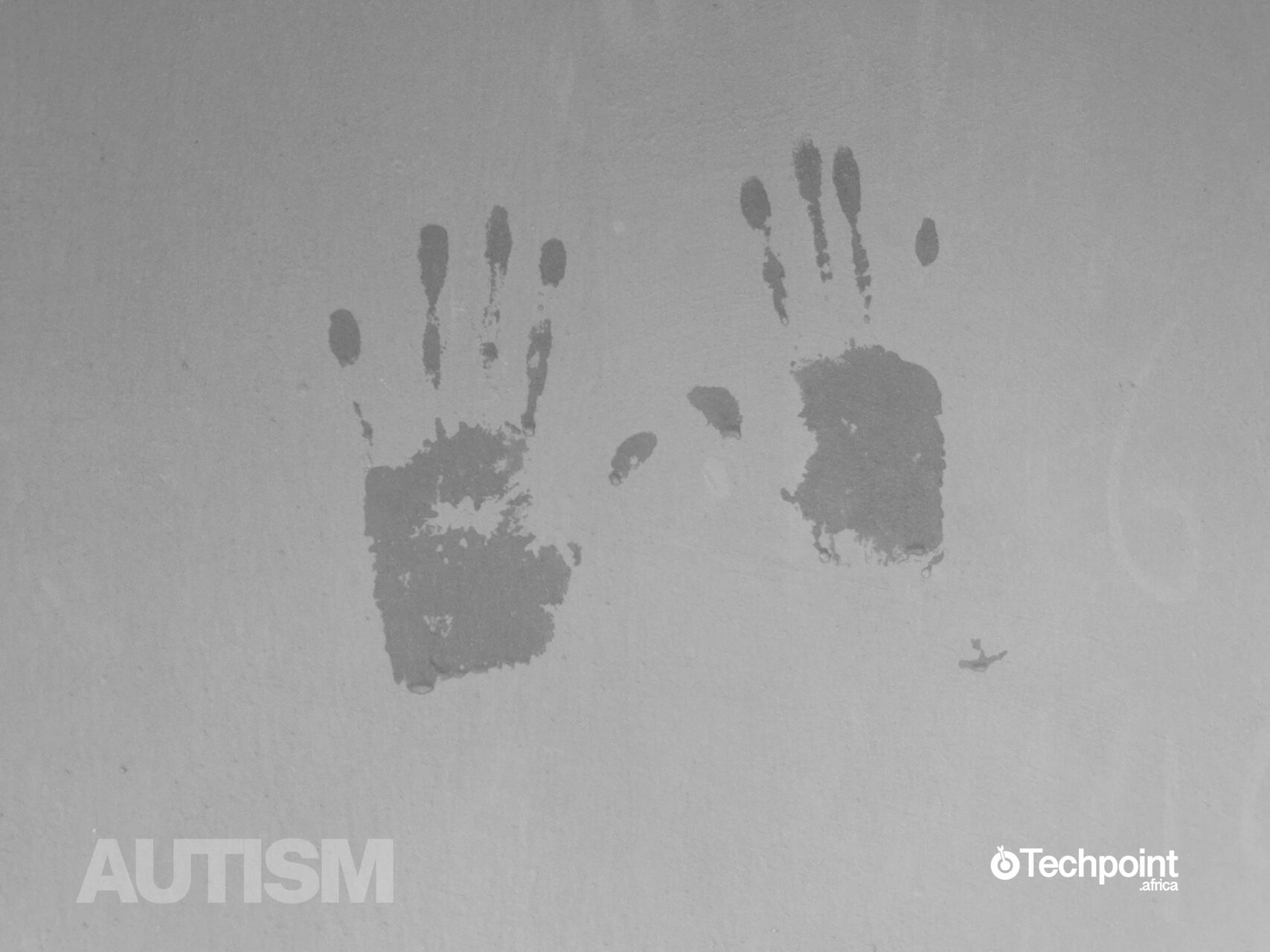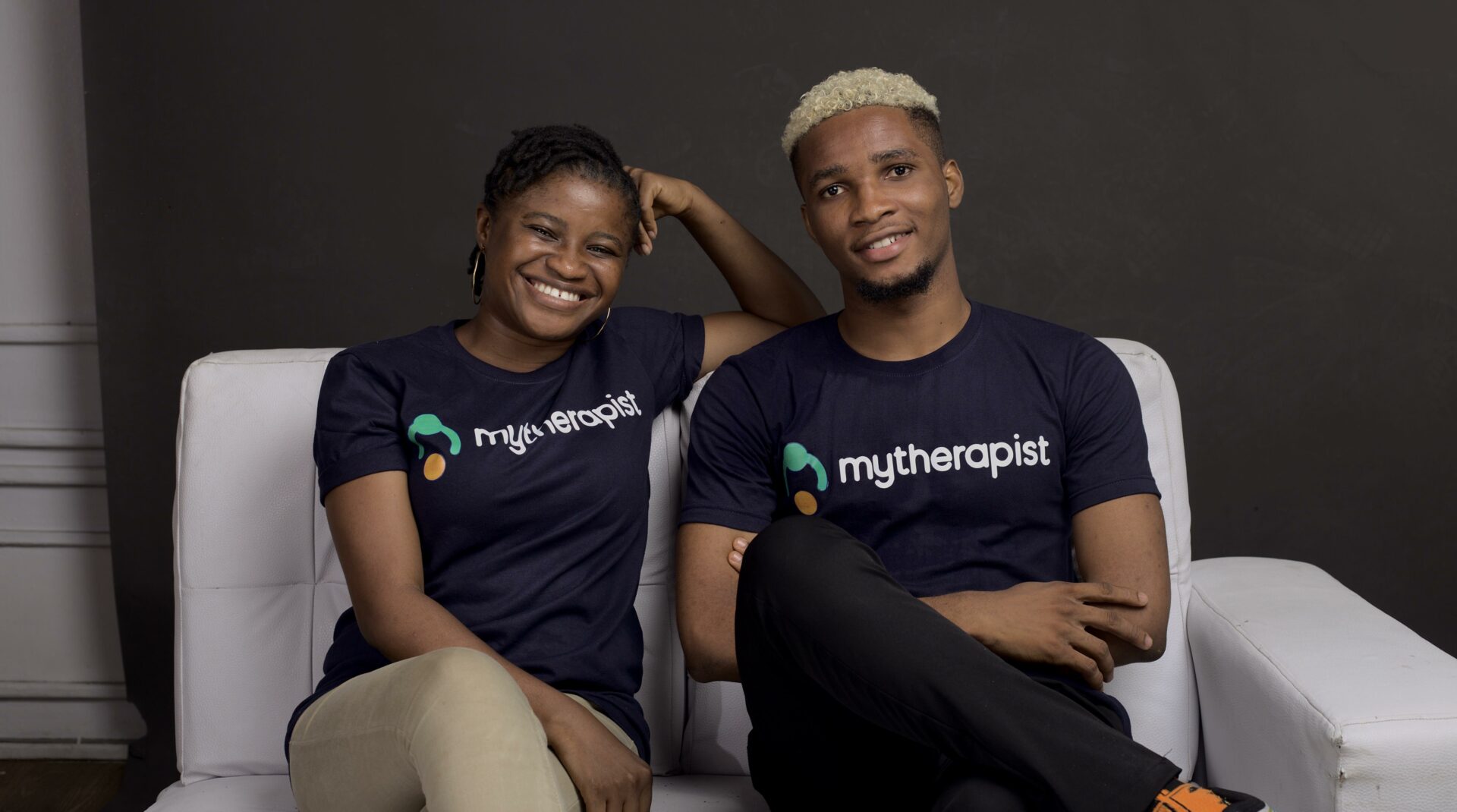From the Massai tribe in Kenya to the Yorubas in Nigeria, the birth of a child is a delightful and highly celebrated event in Africa. There’s cooking and tons of prayers spoken over the child, and, of course, its parents are overwhelmed with a lifetime’s worth of parenting advice.
But what happens when a child fails to reach expected developmental milestones? For example, how should parents handle a four-year-old who doesn’t respond appropriately to things happening around, is overly sensitive to specific sights and sounds, and hasn’t spoken their first words yet?
In most parts of Africa, the immediate response is fear as such challenges are believed to result from spiritual problems. However, the likelihood of these being symptoms of a neurological disorder is hardly entertained.
A report by Spectrumnews reveals that autism goes undiagnosed in African children until they are eight years old, unlike their American counterparts, who are diagnosed four years earlier.
Autism from the African lens

Medically known as autism spectrum disorder (ASD), autism is a neurological developmental disability characterised by various symptoms, including nonverbal speech patterns, hypersensitivity to specific sights, sounds and colours, and, in some cases, intellectual impairment.
Overall, it is a diverse group of conditions that primarily affects the ability to communicate and interact with one’s immediate environment appropriately.
Usually, it appears fully by age 2 or 3 but can be diagnosed as early as 12 months. Unlike Down syndrome and cerebral palsy, autism mostly comes with no physical signs.
It is a medically diagnosed condition, and because of its complexity and broad range of characteristics, it should not be diagnosed by non-medical personnel.
Diagnosing autism is a challenge in Africa because of several superstitious beliefs associated with the condition and the unavailability of the proper medical infrastructure required to run the tests.
In some parts of the continent, people living with autism are “labelled as devils, and they are not diagnosed or given treatment. Some people believe that the disorder is punishment for a parent’s bad behaviour or an affliction,” says Bernadette Lamar, a Sierra Leonean who runs a behavioural healthcare centre.
Due to a lack of inadequate information, parents with autistic children in Africa are usually left with no choice but to seek help from spiritual sources. And to avoid stigmatisation, they lock up their children, keeping them out of plain sight.
In 2002, Zemi Yenus founded Ethiopia’s first school for children with autism after her son was diagnosed with the condition. He had been rejected from multiple mainstream schools, and she had a hard time finding special needs children teachers in Ethiopia who knew what autism was.
So she used her savings from her old job as a beautician to open her school in a small rented Addis Ababa house. She called it The Joy Center of Excellence for Autism and kicked off with just four children, including her son.
On May 11, 2021, Yenus passed on from COVID-19-related complications. Her centre currently caters for hundreds of Ethiopian children living with ASD.
Some data to run with
According to World Health Organisation statistics, globally, 1 in 160 children has ASD. With sketchy data on children living with autism in Africa, it is difficult to arrive at a figure for the continent.
Nevertheless, a 2019 Autism Society of Kenya (ASK) report revealed that in Kenya alone, there was likely to be 1 autistic child for every 25 children. And a globalliving.org report estimates that Ethiopia has 600,000 autistic children.
WHO’s global ratio might be very different if the Organisation accounted for Africa’s autism figures. But that is neither here nor there in a discussion about the challenges autistic children and their parents face in Africa.
How tech fits into the picture

Curious to discover how technology can create awareness and help autistic children lead better lives, I spoke with Mrs C. Adediji, a special needs children instructor.
She mentioned how various applications and e-tools could assist parents and instructors in delivering individual-based lessons to these children.
From our conversation, I learnt that autistic children, like everyone else, come with a unique, innate skill-set to harness adequate time and attention.
“In my years as a caregiver for special children, it’s a thing of joy and reward when I see children that I’ve taught and nurtured — alongside somewhat tired and hopeful parents — do things for themselves and even build their talents. Because, like everyone else, they are gifted and can make meaningful contributions to the world,” Adedeji said.
Thankfully, technology can assist learning and help autistic children grow, improve verbal communication, learn speech patterns, and build social interaction skills.
She confirmed that “a lot of apps are so effective in helping and improving the lives of these children through self-guided learning and the removal of a structure common to most brick and mortar classes.”
With mobile apps, video games, and medically approved online resources available, autistic children stand a better chance to manage the disorder today than they did years ago.
The slow rate of Internet penetration remains a big hindrance to parents and special children instructors who need technological assistance to care for and teach these children in most African countries.
“If you ask me, I think the best option is for the government of most African countries to see this as a cause for concern and foster the integration of special needs technological materials in our regular schools,” Adedeji added.
There is currently no cure for ASD, and because it is a spectrum disorder, the symptoms vary from mild to acute. However, a range of treatments can be administered to manage it better.
Mobile applications like Language Therapy for Kids – MITA, Speech Blubs 2, Otsimo and others help administer Treatment and Education of Autistic and Related Communication-handicapped Children (TEACCH) — individual-based visual learning methods — to children living with autism and also assist instructors and parents in caring for them.
These apps should not replace a strong community of support from parents, a good special needs children instructor, and an inclusive society.
What can be done?

The most effective way to manage ASD is early diagnosis, and this is another area where technology has helped.
The electroencephalogram (EEG) is a test tool used to detect the brain’s electrical activity. It can also serve as a biomarker for ASD. A team of researchers in South Africa decided to test the effectiveness of this technology.
They discovered that the biomarker could differentiate between ASD in typically developing children and those whose genes showed some signs of ASD but were not with the condition. The results had a 90% accuracy.
A greater cause for concern

Beyond the challenge of a lack of data on autism, the stigmatisation autistic children and their parents face in Africa is a major problem.
This is because the disorder is considered more of a spiritual condition than a medical one that can be effectively managed.
“They don’t understand this is purely a medical condition. It can happen to anyone regardless of their background. A lot needs to be done in our part of the world in terms of education, acceptance, and understanding,” said Amoah, coordinator at a treatment centre for children with disabilities in Accra, Ghana.
Children living with autism can learn to live with the disorder if accepted and managed rather than rejected and stigmatised. By making room for the range of diversities that characterise our world, we can make the world a better place.
Happy Autistic Pride Day!











